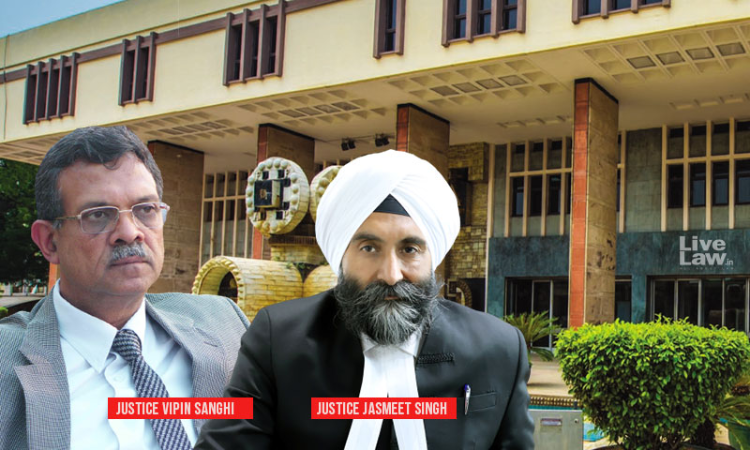Vendors Selling Essential Goods & Services Can't Be Equated To Regular Shops: Delhi High Court
Nupur Thapliyal
1 Feb 2022 2:56 PM IST

Next Story
1 Feb 2022 2:56 PM IST
The Delhi High Court on Tuesday observed that participation of vendors in weekly markets in selling or dealing with essential goods and services is no ground to equate them with regular shops or establishments. A Bench of Justicr Vipin Sanghi and Justice Jasmeet Singh added that the nature of regular shops or establishment in a market area is very different from any weekly markets owing to...
